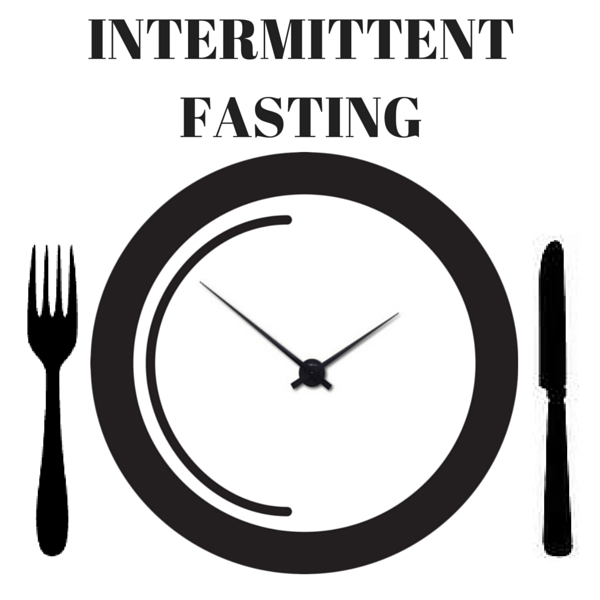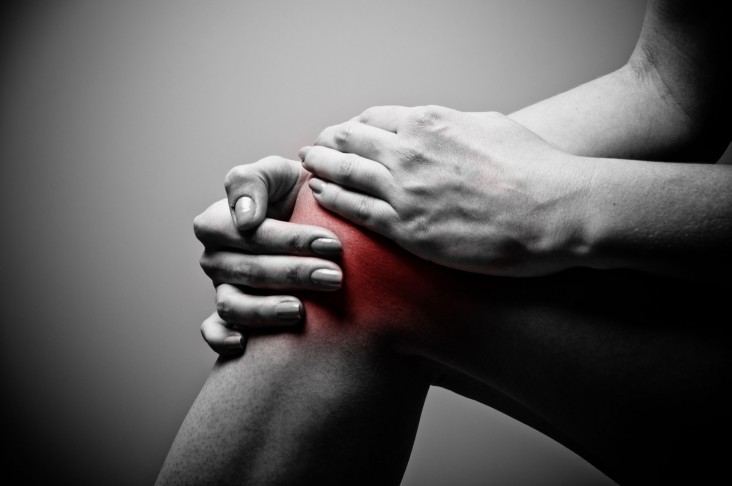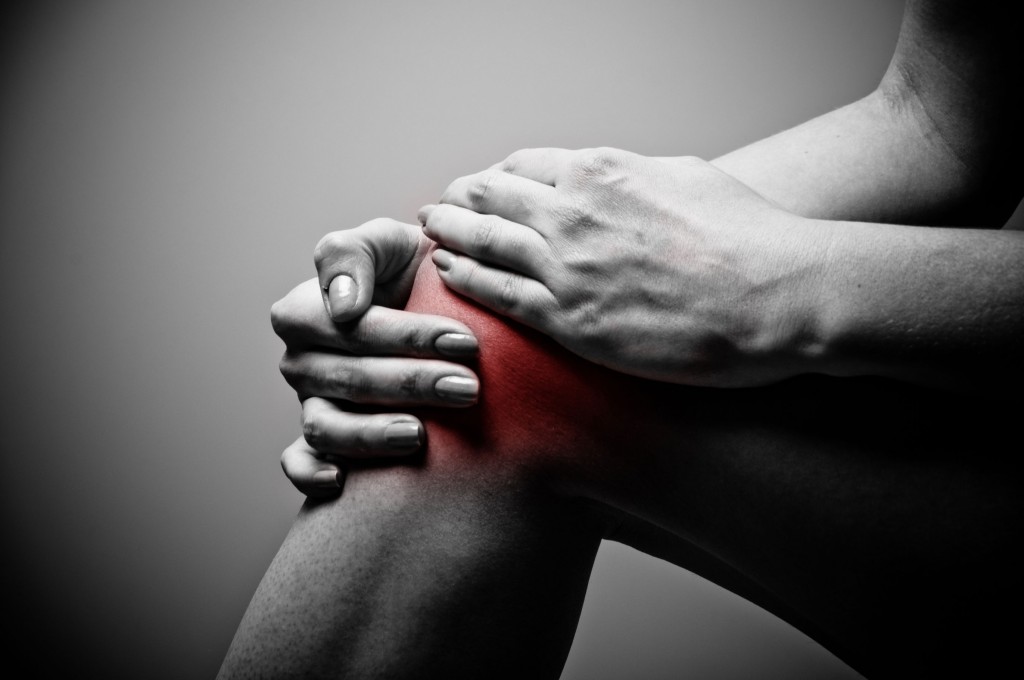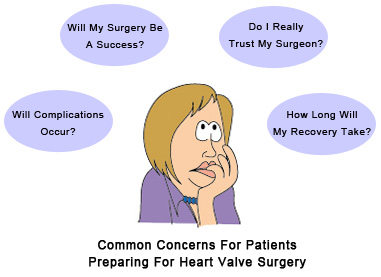We keep telling our patients that bariatric surgery is not a magic pill. Neither is it a quick-fix to lose all your extra weight.
It is just a head start for the people who find it difficult to adopt a healthy lifestyle due to their health issues.
Some people do very well with bariatric surgery and become fitness icons. Some do reasonably well and reclaim a healthy lifestyle. Some only lose a moderate amount of weight but are happy to have better health. Some do not do well at all.
It is a bell-shaped curve. Just like the marks on a math test in a large class. There are people at both extremes. About 95% are in between.
Just like a math test, it is possible to improve. It is also possible to get worse. It is okay to do badly on one test, once in a while.
Of all the things we know about obesity- the most important is that- It is a progressive disease. Obesity “begets” obesity. For every pound we gain, the likelihood of us gaining the next pound goes up. Therefore, while it is okay to fall off the fitness wagon once in a while, it is extremely important to get back on it.
Most people who have bariatric surgery face problems at one time or another. They may be related to adjusting to a new diet. They may be related to starting and maintaining an exercise regime. Or they may be psychological because unreal presurgical expectations do not match the results.
Adopting a healthy lifestyle in today’s era is not easy. But most of the people who do well become masters of creative suffering. Once you are past the difficulties of the initial few years, you are probably gonna stick to healthy living for the rest of your life.
We ask our patients to talk to others who have been through the same journey. Or talk to us- who have been companions to many on similar journeys. The first few years may be hard when we are alone. With companions, they are fun.










